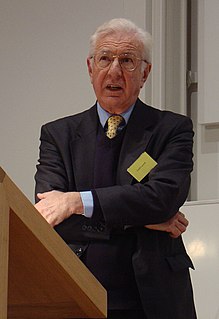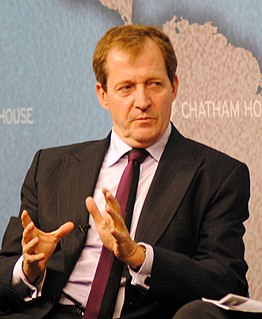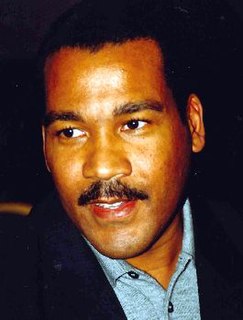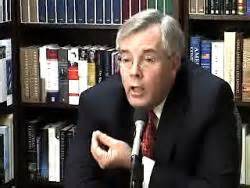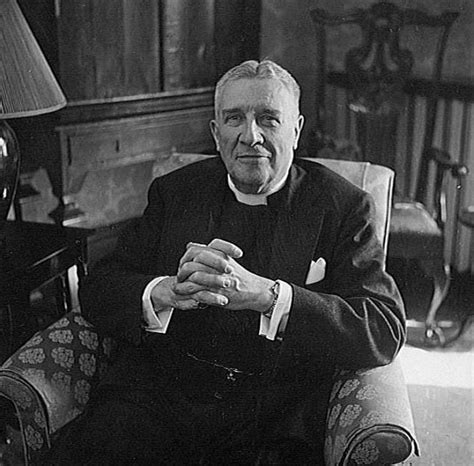A Quote by Richard Layard, Baron Layard
Derek Bok asks the right question, 'What policies would produce the greatest happiness?' and he gives great and often startling answers, combining his deep knowledge of politics with the new findings of happiness research.
Related Quotes
Combining the experience of a seasoned university president with the analysis of a respected legal scholar, Derek Bok explores what he concludes are 'signs of excessive commercialization in every part of the university.' His somber assessment of the current state of athletics, scientific research, and distance education, and his call for review and restraint, should engage the attention of every faculty senate in the country. He has given us a timely, candid, courageous, and important book.
One Dilbert Blog reader noted that current research shows that happiness causes success more than success causes happiness. That makes sense to me. There's plenty of research about people having a baseline of happiness that doesn't vary much with circumstances. And given that happy people are typically optimistic, energetic, and fun to work with, I can see how happiness would lead to success.
Happiness is normally the prime search of every rational human being. One way to derive increasing happiness during the year we have just entered is to strive diligently to promote the happiness of others, to think of them first, yourself second. Happiness is the greatest tonic, the greatest elixir, of all. Worry is among the worst poisons. One sensible New Year resolution: I will do my utmost to have consideration for others, to exercise usefulness, to radiate happiness, to conquer worrying over things I cannot possibly remedy.
Every living being longs always to be happy, untainted by sorrow; and everyone has the greatest love for himself, which is solely due to the fact that happiness is his real nature. Hence, in order to realize that inherent and untainted happiness, which indeed he daily experiences when the mind is subdued in deep sleep, it is essential that he should know himself. For obtaining such knowledge the inquiry 'Who am I?' in quest of the Self is the best means.
Money is a great way to get happiness. Right? Lots of wonderful things you can do with money. The question is, are we really optimizing on that? So, if you think about getting lattes and getting cable. Which one of those is actually giving you a greater happiness, and if you have to cut on one of those, which one would you cut? So, I think thinking in terms of concrete terms would help us a great deal.
The belief that happiness has to be deserved has led to centuries of pain, guilt, and deception. So firmly have we clung to this single, illusory belief that we've almost forgotten the real truth about happiness. So busy are we trying to deserve happiness that we no longer have much time for ideas such as: Happiness is natural, happiness is a birthright, happiness is free, happiness is a choice, happiness is within, and happiness is being. The moment you believe that happiness has to be deserved, you must toil forevermore.
Sometimes we get wrong notions, we think we have to be in a luxurious house, in a large city, with a new car in order to be happy. Happiness isn't there. Happiness isn't in a new car, it isn't in a new and luxurious apartment. Happiness isn't in banks and stocks. Happiness is where you make it, it's up to you. It comes from within, it doesn't come from things.
